How to Fix Anxiety Disorders in Seniors
Anxiety disorders can affect people of all ages. The elderly population, however, can be more vulnerable to anxiety and depression. Are you worried someone you love is experiencing an anxiety disorder? Here’s the information you need to know to successfully navigate anxiety disorders in seniors.
Anxiety is a mental disorder than needs help. Navigating this condition in the elderly isn’t always easy, but it’s certainly possible if you take those first steps. If you or your loved one is suffering from anxiety and possibly other neurological conditions, here at Fairview Rehab & Nursing Home in Queens, NY, our compassionate staff is always on hand to provide medical care and emotional support.

What Can You Do About Anxiety Disorders in Seniors?
Start by talking with your loved one’s carers. A proper diagnosis can help ensure the actual issue is being addressed. Your care provider can work with you to create a comprehensive plan of action. This may include medication and therapy.
In addition to seeing a professional, some steps can be taken to reduce the likelihood of anxiety disorders in seniors.
- Avoid nicotine and caffeine – Encourage your loved one to avoid nicotine and caffeine, as both of these substances can work to increase anxiety.
- Alcohol, over-the-counter medication, and prescription and illegal drugs – All these can also increase anxiety. Make sure the care provider has been fully informed about what your loved one is ingesting.
- Avoid stress – Stress management skills can both work to ease overwhelming feelings of anxiety as well. Encourage your loved one to get out and about and help them work through their anxiety.
- Exercise – Encourage them to do physical activities and exercise. They will improve their blood circulation, boosting more oxygen supply to the brain, and help to improve mood.
- Deep breathing exercises – these are highly beneficial to people with anxiety disorders.
- Diet changes – The right diet will not fix anxiety, but will help to improve compromised physical health, which could cause anxiety.
- Sleep patterns – Anxiety is very often connected to sleeping issues. So, it is necessary to improve their sleeping problems and prevent anxiety disorders in seniors.
Signs of an anxiety disorder
Is your senior loved one experiencing panic attacks or physical manifestations of anxiety such as heart palpitations, nausea, or shortness of breath? If these symptoms are linked to a single catalyst, your loved one may have an anxiety disorder.
Social anxiety disorder can be another common disorder. This is often triggered by social interactions and may lead to your loved one opting to stay home instead of engaging with others.
Unlike other kinds of anxiety, social anxiety can continue after the experience has ended. Your loved one may become overly focused on how others perceive them and have an overwhelming feeling of being judged.
Additional anxiety disorders include generalized anxiety disorders, post-traumatic stress disorders, and obsessive-compulsive disorders. Notice your elderly loved one is experiencing excessive amounts of worry, avoids social outings, and becoming hyper-focused on routine? They may have an anxiety disorder and should be thoroughly evaluated by their care provider.
Anxiety disorders are believed to impact up to 20 percent of seniors. Though it’s more common in women — and the number one mental health problem — it’s also common in men. For men, anxiety is second only to substance abuse when it comes to mental health problems.
Anxiety isn’t a one-size-fits-all experience. There are many different ways anxiety can manifest itself. Phobias are a common anxiety type for people of all ages. A phobia is an irrational, heightened fear of something. In the elderly, this can frequently be seen as a fear of social experiences or traveling far from home.
This article contains informational and educational materials and does not replace health or medical advice. For questions or concerns regarding your medical condition or health objectives, speak to a qualified physician or healthcare provider.
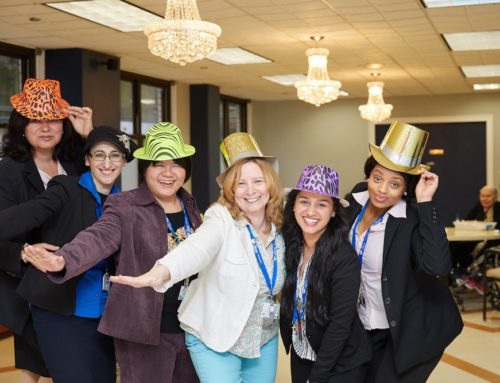
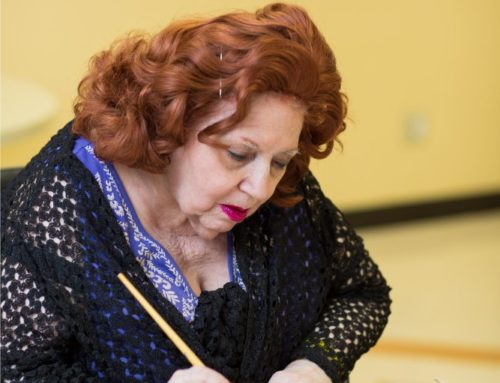
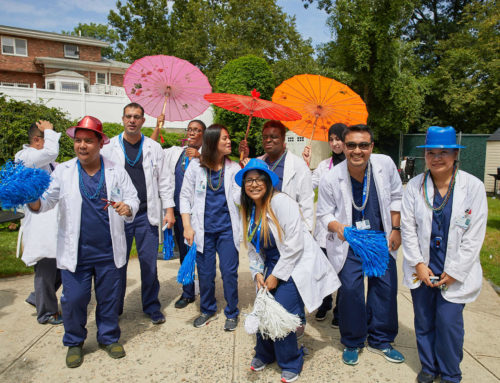
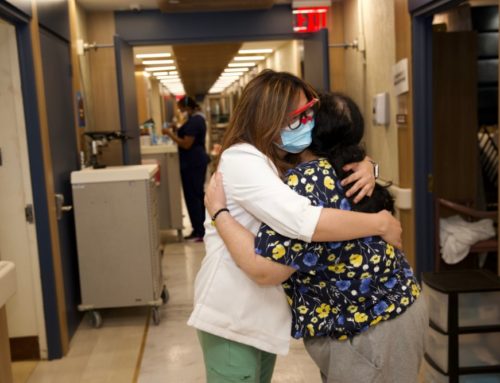
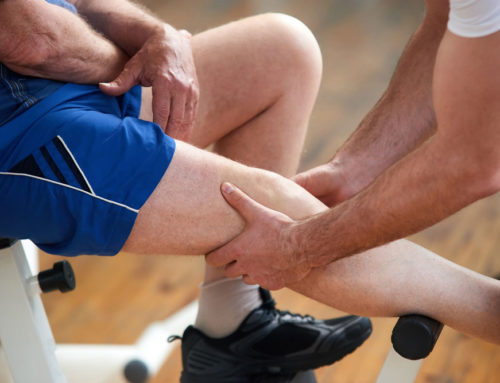
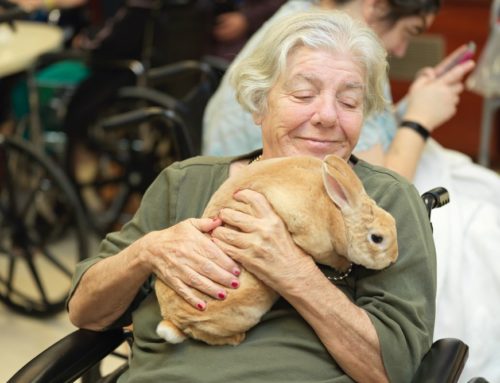
Leave A Comment